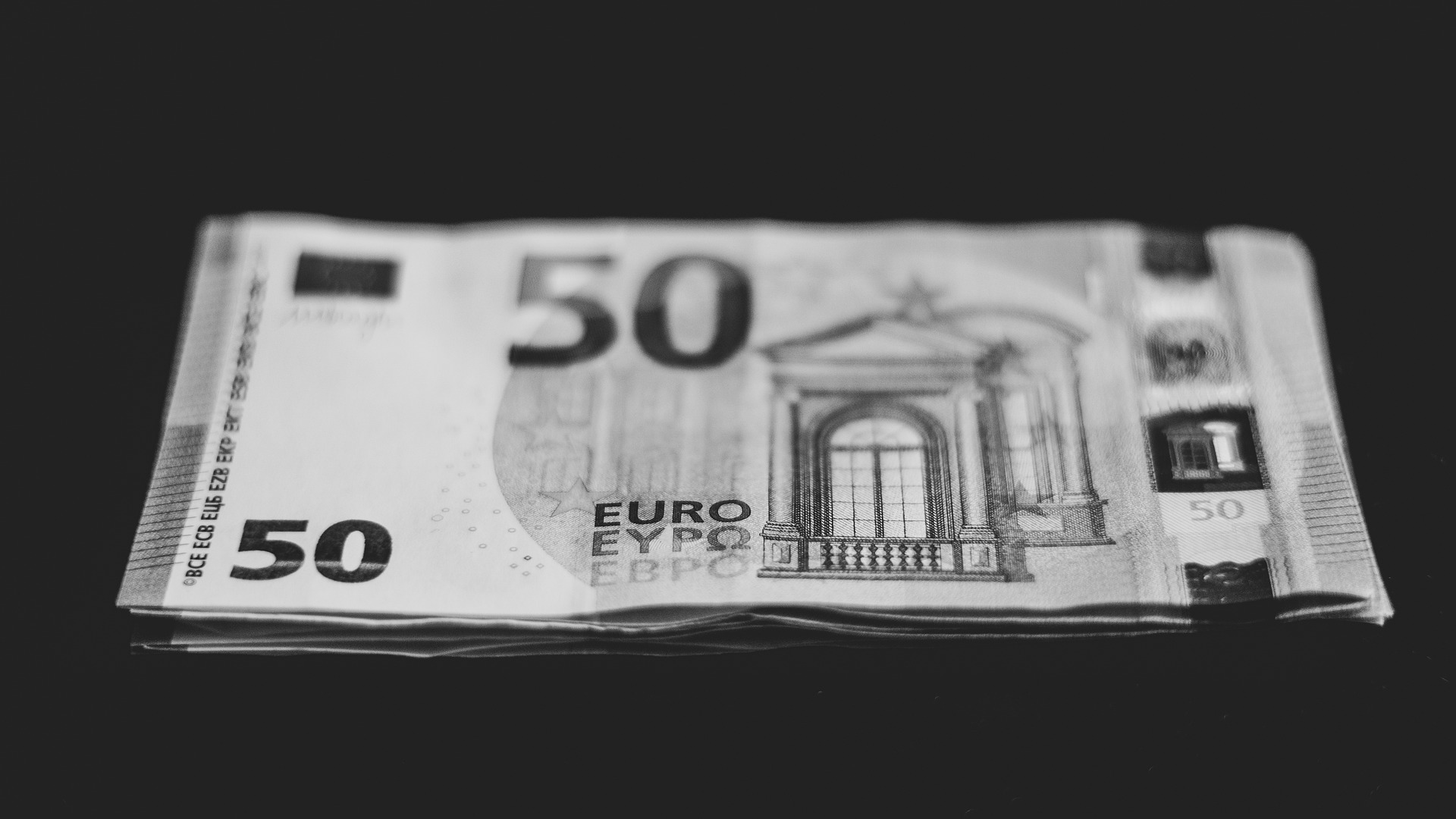The right to deduct input tax is a fundamental right of a taxpayer under VAT regulations. However, there may be a situation in which our contractor does not pay the output tax, which was the input tax for us.
In such a situation, does the taxpayer lose the right to deduct input tax?
It is worth pointing out that the relationship with the taxpayer’s business activity is the basic premise for the right to deduct input tax. The act, however, provides for some exceptions to this law. They are regulated in Art. 88 of the VAT Act and concern the following situations:
- certain accommodation and catering services;
- the amount of reimbursement;
- when invoices are issued by a non-existent entity;
- when the activity is not subject to VAT or is exempt from tax;
- when invoices:
- identify activities that have not been performed;
- provide amounts inconsistent with reality;
- confirm the activities to which the provisions of art. 58 and 83 of the Civil Code (nullity and sham);
- when the invoices, correction invoices issued by the buyer have not been accepted by the seller;
- invoices were issued in which the tax amount was shown in relation to taxable activities, for which the tax amount is not shown on the invoice;
- generally, when the taxpayer is not registered as an active VAT payer;
- for intra-Community acquisition of goods settled in Poland, when the goods are not located in Poland as a result of the transaction.
Neither the provision of Art. 88 of the VAT Act, nor does any other regulation indicate that the failure of the taxpayer’s contractor to pay the tax on this transaction does not deprive the taxpayer of the right to deduct input tax.
Nevertheless, this does not mean that the taxpayer can completely ignore the behavior of his contractor in relation to the VAT tax liability.
A frequent case of non-payment of output tax by contractors is their participation in the so-called “carousels”.
Broadly understood “VAT carousels” are the definition of various schemes of action aimed at tax fraud, i.e. obtaining otherwise undue VAT funds (e.g. tax refund) from the state budget. “Undue” is understood to mean that such an increase would not have occurred without fraudulent actions.
The jurisprudence emphasizes that “The tax carousel is not a fraud in itself, but a structure in which some of its participants commit tax fraud” (judgment of the District Administrative Court in Szczecin of April 18th, 2019, sign. I SA/Sz 872/18).
In practice, two situations can be distinguished. If the goods that are the subject of the invoiced transaction do not exist, the transaction is treated by the tax authorities as “tax fraud”. Then, the authority does not examine the taxpayer’s behavior, refusing the right to deduct the input tax, as the transaction did not take place.
In the latter case, the goods exist. Then the tax authority examines the so-called The taxpayer’s “good faith”, i.e. whether he knew or should have known that he was involved in a fraudulent transaction. “Good faith” is demonstrated through the actions of the so-called “due diligence”, i.e. contractor verification activities. Recognizing that the taxpayer has not complied with “due diligence” causes the tax authority to question the right to deduct input tax.
Importantly, the contractor’s failure to pay the tax due on the transaction may result in the taxpayer deducting the input tax, but nevertheless being responsible for the payment of the output tax.
In practice, there are two situations.
The first of them is regulated in Art. 105a of the VAT Act. Pursuant to this provision, the taxpayer is jointly and severally liable with the entity supplying certain goods (Annex 15 to the Act, e.g. steel products) for its tax arrears if, at the time of the delivery, the taxpayer knew or had reasonable grounds to assume that the entire the amount of tax for the delivery or its part will not be paid to the account of the tax office.
The act specifies that the taxpayer knew / should know if the circumstances surrounding the delivery of goods or the conditions on which it was made differed from the circumstances or conditions usually occurring in the trade of these goods, in particular if the price for the goods delivered to the taxpayer was lower than economically on their market value.
The second situation is making a payment for goods or services covered by the split payment mechanism (SPM), when the invoice amounts to over PLN 15,000. This liability does not apply in the event of reimbursement of the payment.
Finally, it is worth pointing out that the District Administrative Court in Poznan ruled on August 19th, 2020 (sign. I SA/Po 304/20) that the analyzed problem may be the subject of an application for an individual interpretation. The tax authority tried to argue that this issue could only be assessed in the context of a tax proceeding.



